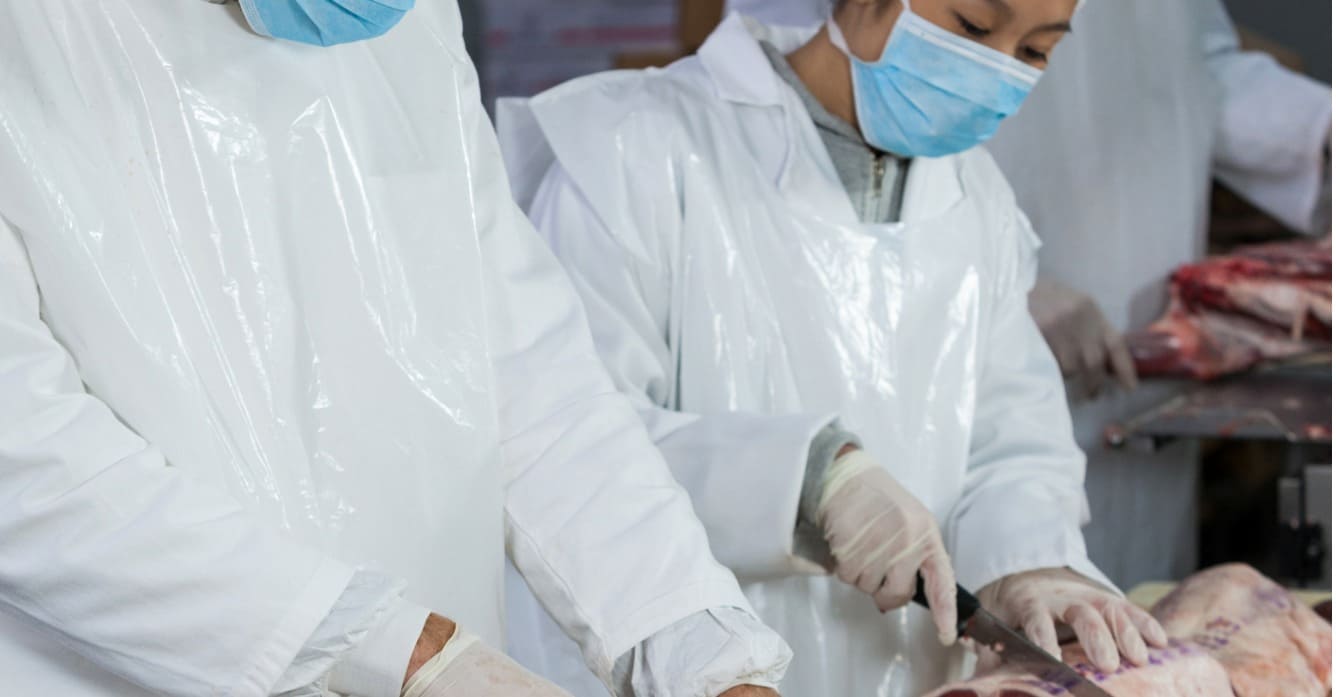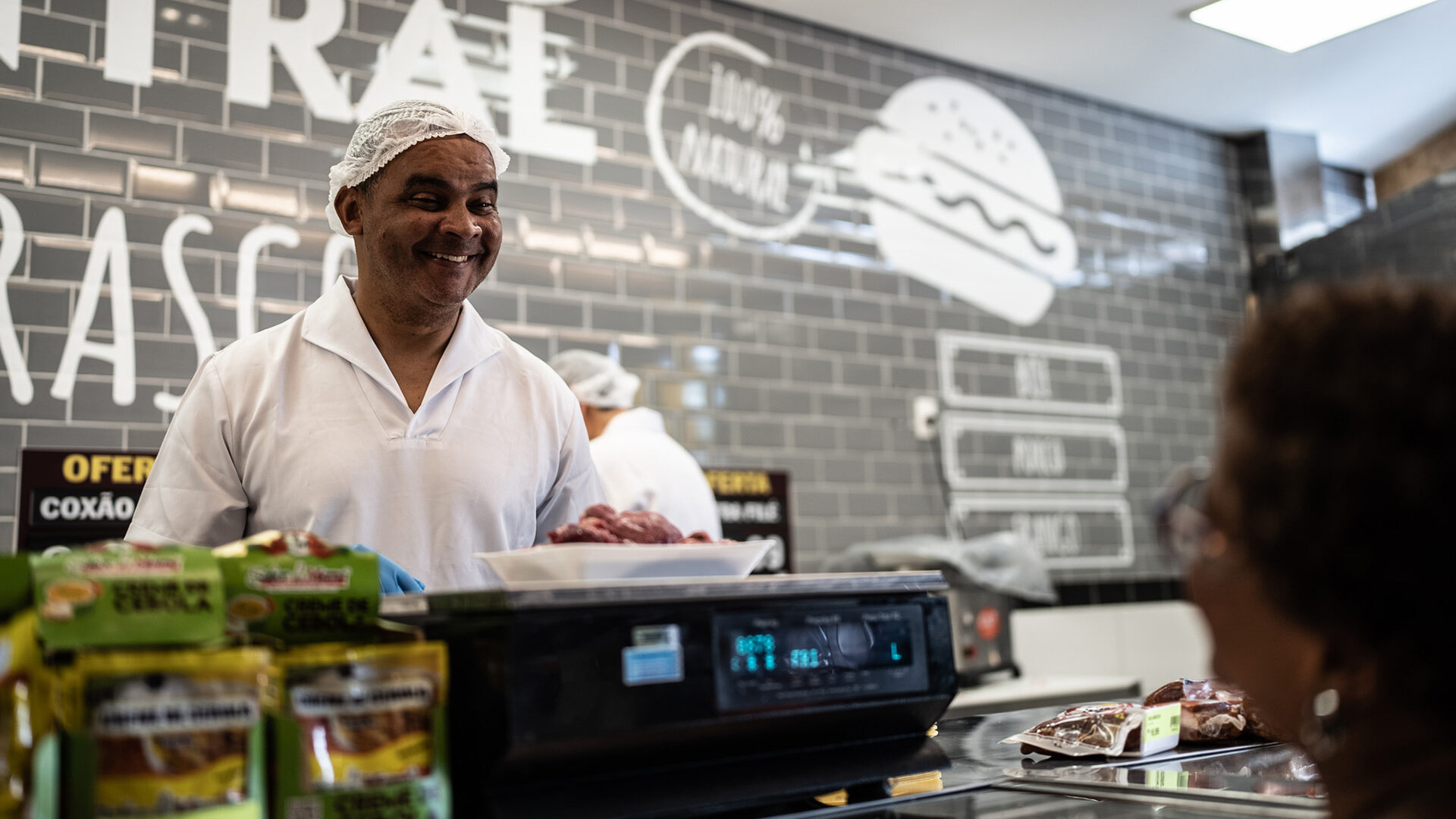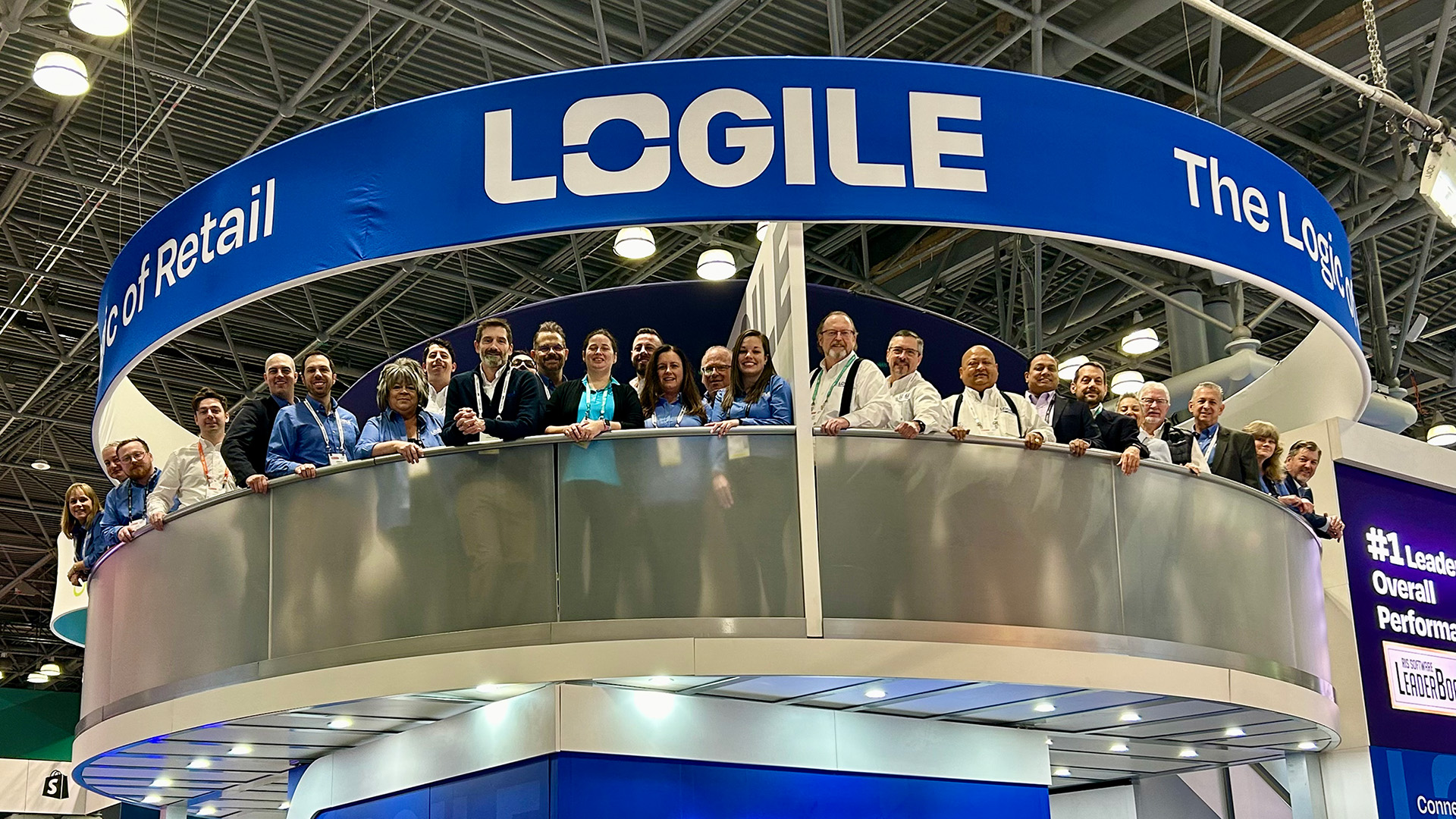5 minute read
Food Safety in Retail Stores: COVID-19 Implications and Beyond

Think about some of the most transformative events of the past century. Think about how such events irrevocably change how we view ourselves or how we perceive the world differently. How what we think or do is fundamentally altered. How the genie, once released from the bottle, can never go back. What kind of transformative events are we talking about? Big ones. These are the events that created major shifts in the expectations of individuals, communities, and government in adjusting to new realities.
Consider how the events of 9/11 have changed not only our perceptions of the world but also our everyday lives. Remember what air travel was like before TSA security? Remember walking into major sporting events or concerts before versus after the security protocols that we now not only allow time for but have come to expect, and in some ways even appreciate? Lines of privacy and collective safety were completely changed and won’t be changing back.
The COVID-19 pandemic is a transformative event
The coronavirus (COVID-19) pandemic is another event of this magnitude. The legacy of COVID-19 will have a tremendous impact on the way we think, the way we act and the expectations we hold about many things. Among other things, it will change the way most people think about the food we eat, where it comes from and how it is handled.
For retail grocers, this will significantly elevate the importance of food safety in all aspects of retail store and food service operations. It can change what consumers expect of food businesses, override prior brand loyalties and business loyalties, and amplify prior food awareness around nutrition, organics, and non-GMO food ethics. It will renew an appreciation of where our food comes from, who handles our food before it gets to us locally, and how each retailer safeguards every aspect of safe food preparation and presentation. It will change people’s attitudes about cooking at home versus buying food at stores or restaurants. It will change these perceptions permanently. Long after a vaccine is developed and deployed, these changes will remain. This genie will not be put back into the bottle.
Food Safety has been a growing concern
Food safety is not a new issue but has been a growing concern for consumers for some time. More progressive or vulnerable consumers have been articulating the need for regulations or acknowledging preferences to business based on their approach to healthy food choices and perceived standards of professionalism in safe food procurement and handling. This has been a cornerstone of brand loyalty for retailers with solid reputations for the quality of their offerings. But, while selective awareness was in evidence before, COVID-19 will bring that awareness to significantly greater heights across a broader spectrum of consumers.
How will Food safety expectations change?
People will be more discerning about their food; what’s available, where it comes from, who has handled it and how it is handled. Their purpose will be to determine what is safe and wholesome for their family to consume. They will be more likely to support businesses that demonstrate an environment and a commitment to food safety. They will look for visual evidence of such commitments when they shop. Associates will make a difference. Their food safety knowledge, personal hygiene and practices will directly impact customer perceptions. Evidence of monitored food safety will also be important, not just for COVID-19 exposure but for general food safety priorities. Customers will look harder for these expectations to be met, or they will opt for more home cooking and shelf-stable products.
Transparency and commitment to sound food safety practices around fresh food production will especially change. Temperature and quality controls, and the sanitation of equipment and facilities will make a difference and demonstrate a commitment to customers. Transparency about product sourcing and nutrition are also likely to influence perceptions of what is wholesome. Pre-packaged options with safety seals may be an option some customers come to embrace through this change instead of traditional associate service interaction.
There will be many aspects to the change, but evidence of a strong food safety commitment backed by informed associates will be critical to delivering consistent food safety practices and to demonstrate that commitment to customers.
How can we deliver on increased food safety expectations?
First, this is not a marketing question; it’s a question of how we really get better at delivering food safety in store operations. No smoke and mirrors here; this is about having a solid program and executing it in an effective and transparent manner that associates, and customers will all appreciate and notice.
Many organizations cover food safety with a patchwork of procedures, some automated, but many manual. This assortment is overseen by a small team of dedicated people who, in many cases, can’t possibly oversee the data manually collected and logged in stores. This gives these resources even less time to identify which stores need help, let alone deliver their expertise. Only a system-based approach with real-time data rollup can solve that problem.
Start with a comprehensive system-based program that covers all the bases. Go beyond temperature checks, replace paper logs with automated digital logs from data gathered in assigned tasks, incorporate associate training and certification, and build out all the sanitation routines that are truly needed whether they are tough to fit into your current labor budget or not. Consider the cultural communication and awareness you need to maintain for your associates, and scorecard everything to prioritize resources to address weak performers and to keep executives informed and aligned.
But having the right system is not the end of your opportunity but the beginning. Examine what you do and how you do it. Should these activities be more transparent to customers? What would you value as a consumer?
Most food safety practices have been built around current regulatory requirements. Often, if inspectors have been satisfied the company has been satisfied. COVID-19 will change that. Regulatory requirements will eventually change to reflect heightened awareness, but customer perceptions will change faster. New activities for regular sanitation of everything from carts to cases to serving spoons will require new disciplines in stores. The best food safety systems offer the ability to direct, monitor and alert the execution of these routines and offer alternatives to verify that such work is actually being done, not just being checked off from an office desk.
Whatever your current practices are, or what they will quickly evolve into, a holistic system-based approach to food safety is key to managing your response to the pandemic and to shaping perceptions for consumers now and into a future that will be significantly transformed.
If you are thinking about managing through this until the day when things return to normal, think again. We are living through one of those transformative times and it will impact us all going forward. There is no putting this genie back in the bottle.



